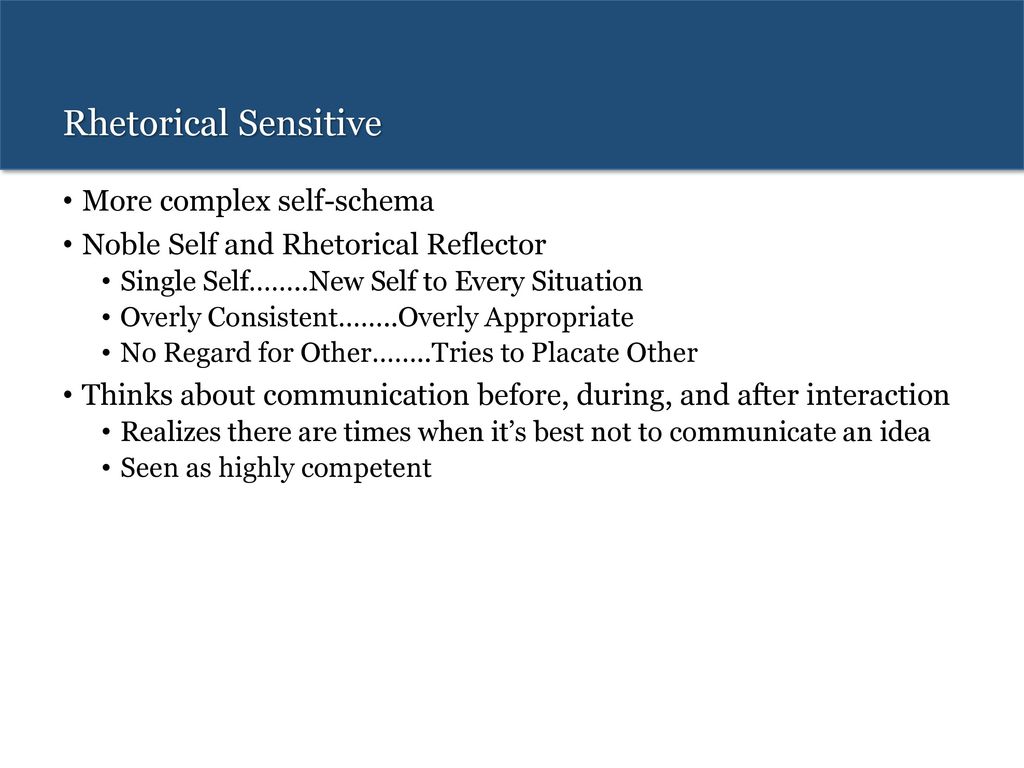
Rhetorical reflectors are the means by which one can influence the others' behavior. Among their advantages are their ability to influence other people, and their ability to make them feel better about themselves. Plato has been criticized for his use of rhetorical reflectors, but this does not mean they cannot be effective tools for improving the communication of the other person. In this article, we will examine Plato's criticisms of rhetorical reflectors, and also look at the meaning of the "noble self" and the impact of Erasmus on the theory of the enthymeme.
Plato's criticism of rhetorical reflectors
Although Plato's criticism of rhetorical reflectories is difficult to follow, he does manage to make the point. This dialogue is about the power of rhetorical reflection and how logical refutation leaves interlocutors unpersuaded. After all, many of the greatest speeches of all time were rhetorical. Here's why. And what can we learn from these two philosophers?
First, let's discuss the question of what constitutes rhetoric. Socrates makes the case for arguing that rhetoric is linked to sophistry. But sophistry does not necessarily lead to knowledge. Socrates insists on inquiry into truth and, in fact, he has argued that the sophistic method of teaching is more important. Socrates' famous theses are an example of rhetorical reflectors.
Meaning of "noble self"
There is a wide-ranging definition of "noble self," varying from one religion to another. While it is important to recognize a noble self, it is not the same as being better than another man. Instead, being better than your previous self is considered noble. The Hindu Proverb, for instance, states that the noblest self is one who is superior to his or her former self. However, true repentance is much more than a regret, as it involves recognizing one's mistakes and not repeating them. For this reason, the noble self is better than a clever genius.
The noble self evaluates reality with clarity. They understand both their internal and external environments. As a result, they engage in their life with an open mind and a clear sense of objectives. They acknowledge progress and choose learning journeys that challenge them, as opposed to pursuing a purely selfish goal. Here are some other characteristics of a noble self:
Effectiveness of "enthymeme"
The "enthymeme" is a form of argument that reminds the audience of the premise of an argument. It is both visual and verbal, and it always has a pragmatic-dialectic dimension. Nevertheless, it fails when the audience does not grasp the fact. So, how effective is the enthymeme? Here are some examples.
Enthymemes are more effective than topoi as rhetorical reflectors. They have more impact when they are used to analyze an argument. They are more effective in supporting unstated principles, but they must also be accepted by the audience. This is why they are called "slice-of-life" representations, as they evoke the semantically invested aspects of ordinary life.
Influence of Erasmus
The Renaissance scholar and humanist Erasmus was well-known for fusing his various identities. He was a pre-Tridentine Catholic, a Renaissance humanist, and a Dutch native. His contributions to the development of modern European culture included the ideas of toleration and cultural sharing. Erasmus' ideas and writings have shaped rhetorical reflectors and the way we learn about history. While he never held any public office, his ideas became part of the fabric of Europe.
In his political philosophy, Erasmus returns to the ideal of the philosopher king, which he defines as a preference for truth over illusion. He also defines philosophy as the same thing as Christianity, and this is the reason that he wrote, "idem esse philosophum et esse Christianum." However, the most mature and complete statement Erasmus made is found in his preface, Paraclesis.
Always check our latest articles at...
https://bushcrafttips.com/bushcraft-camps
 What is BushcraftSurvival SkillsToolsVideosBushcraft CampsBushcraft KitsBushcraft ProjectsPrivacy PolicyTerms And Conditions
What is BushcraftSurvival SkillsToolsVideosBushcraft CampsBushcraft KitsBushcraft ProjectsPrivacy PolicyTerms And Conditions
